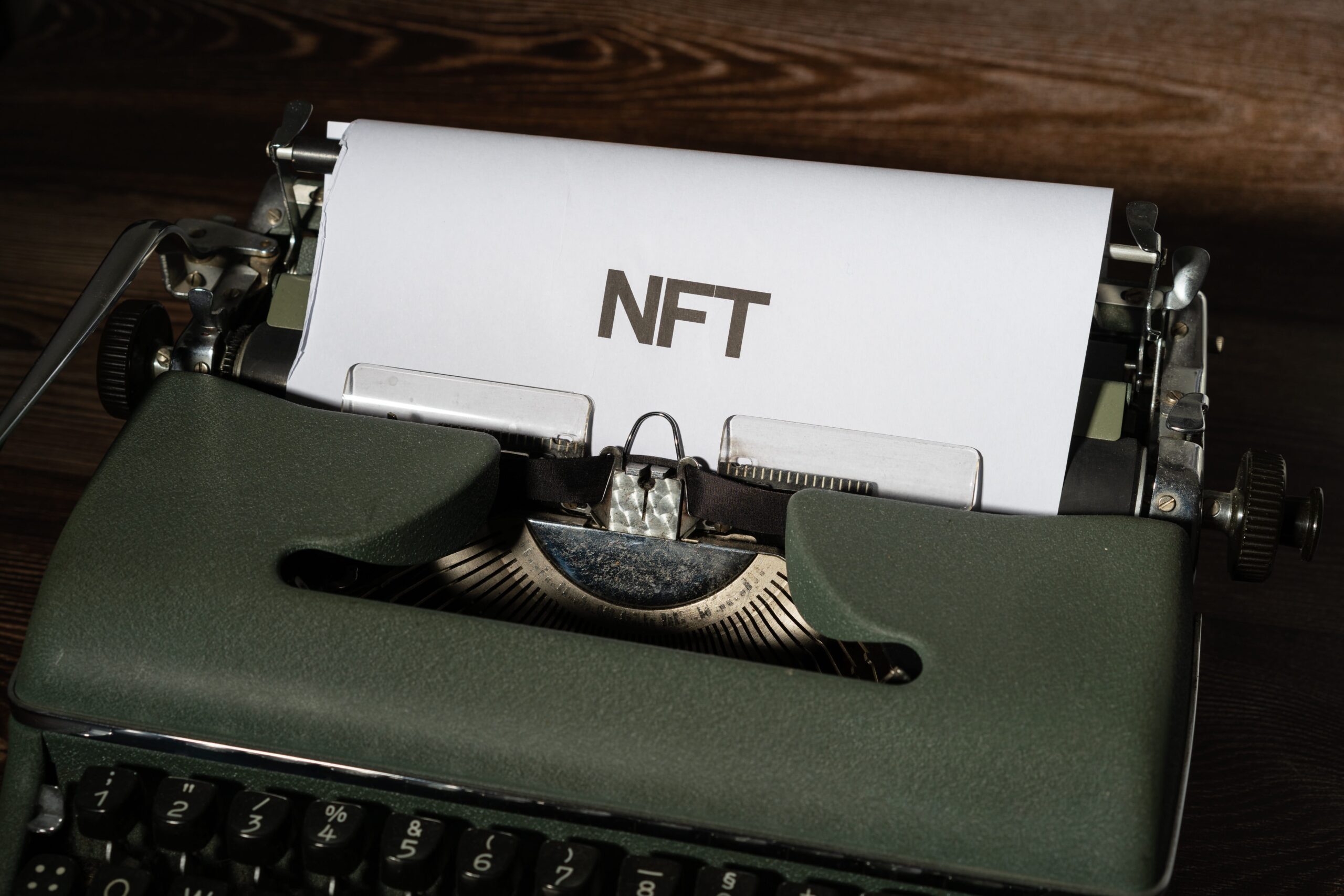
- +41 41 201 88 44
- [email protected]
- Mon-Fri 8am - 6pm
Non-fungible tokens (NFTs) are unique digital assets that have been gaining popularity in recent years. NFTs are stored on a blockchain and are created using smart contracts, which ensure that they are unique and cannot be replicated. These digital assets can represent anything from artwork to video game items to music and are bought and sold on blockchain marketplaces using cryptocurrencies. In this blog, we will explore the basics of NFTs, their current state, potential uses and applications, and criticisms and concerns surrounding them.
NFTs are unique digital assets that are stored on a blockchain, which is a decentralized, distributed ledger technology. Each NFT has a unique code that represents its ownership and authenticity, which is stored on the blockchain. This ensures that the NFT cannot be replicated or counterfeited.
NFTs can represent anything from artwork to video game items to music. They are created using smart contracts, which are self-executing contracts that enforce the terms and conditions of the NFT. Smart contracts ensure that the NFT is unique and that the ownership and authenticity of the NFT are maintained.

The NFT market has been growing rapidly in recent years, with high-profile sales of NFTs making headlines. In March 2021, digital artist Beeple sold a single NFT artwork for $69 million at a Christie’s auction. This sale made Beeple one of the most valuable living artists in the world.
The popularity of NFTs has also led to an increase in the number of blockchain marketplaces that sell them. Some of the popular blockchain marketplaces for NFTs include OpenSea, Rarible, and SuperRare. These marketplaces allow artists and collectors to buy and sell NFTs using cryptocurrencies.
NFTs have potential uses and applications beyond the art world. In the gaming industry, NFTs can be used to represent unique in-game items that can be bought, sold, and traded on blockchain marketplaces. This can create a new revenue stream for game developers and provide gamers with a new way to monetize their gaming experience.
NFTs can also be used in the music industry to represent ownership of digital music and other music-related assets. This can help musicians and other artists to monetize their work and ensure that they are properly compensated for their contributions.
Despite the potential benefits of NFTs, there are also concerns and criticisms surrounding them. One concern is the environmental impact of NFTs, as the energy consumption required to create and sell NFTs is significant. Another concern is the potential for fraud and scams in the NFT market, as some NFTs may be sold without the permission of the original artist or may be counterfeit.
NFTs are unique digital assets that have the potential to transform industries such as art, gaming, and music. They are created using smart contracts, which ensure their uniqueness and authenticity. The NFT market has been growing rapidly in recent years, with high-profile sales of NFTs making headlines. However, there are also concerns and criticisms surrounding NFTs, such as their environmental impact and potential for fraud. Overall, NFTs represent an exciting new frontier in the world of digital ownership.
Steinentorstrasse 35 , 4051 Basel, Switzerland